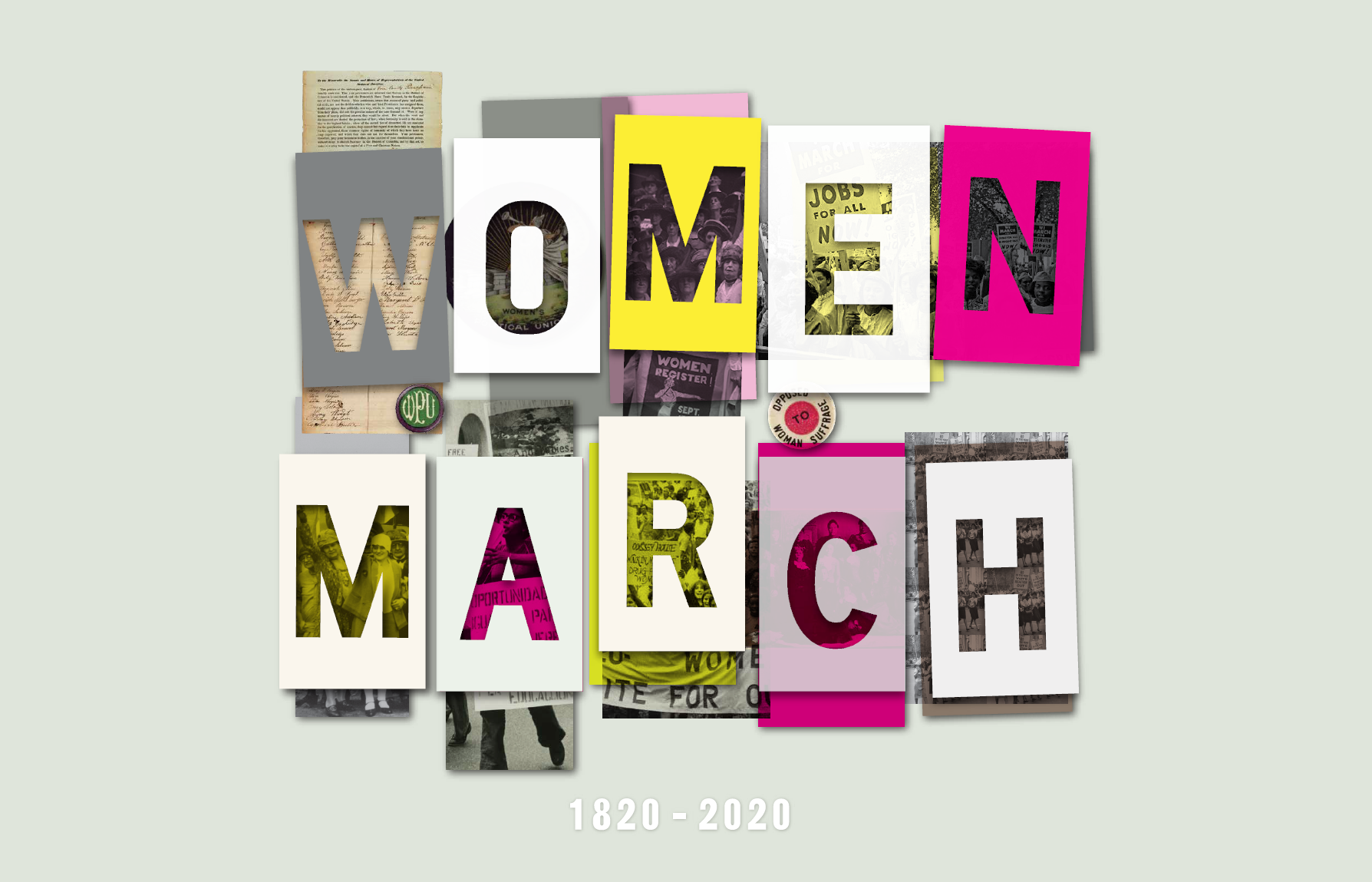Women March
Over the past two centuries, American women’s activism has faced a complex array of issues. The exact concerns shift with the times, but the larger questions still resonate, not only for women, but for all people. How do we create a just and equal society? How is citizenship defined and enacted—through the vote and beyond it? The toolkit of strategies also has evolved, but activists from the nineteenth century would recognize the underpinnings of modern petitions, speeches, social networking, marches, and elections. Landmark victories such as the abolition of slavery, the 19th Amendment, and the Voting Rights Act led to further scrutiny of injustice and the responsibilities of citizenship, in their own times and beyond. The story of women’s collective action is an ongoing story of engagement with democracy.
Voting matters. It is a fundamental expression of
citizenship, often cited as the most important act an individual can take to
participate in a democracy. Diverse communities of women have long found ways
to make their voices heard, both without and beyond the vote. Their numerous
forms of collective action serve as a powerful reminder of the progress that is
possible when people stand together. What compels you to act? How will you work
to make your voice heard?
We are grateful for the support of the New York Life Foundation in this endeavor. The company has a long tradition of supporting voting rights and advancement for women since the 1890s, when the company hired their first female agents—decades before women had the right to vote, and well over fifty years before federal law prohibited gender discrimination in employment, or
ensured that women were entitled to equal access to credit and housing. To learn more about New York Life's story, visit
https://www.newyorklife.com/

